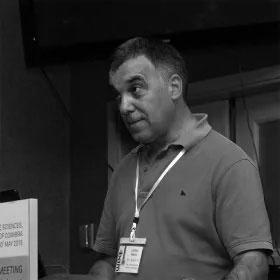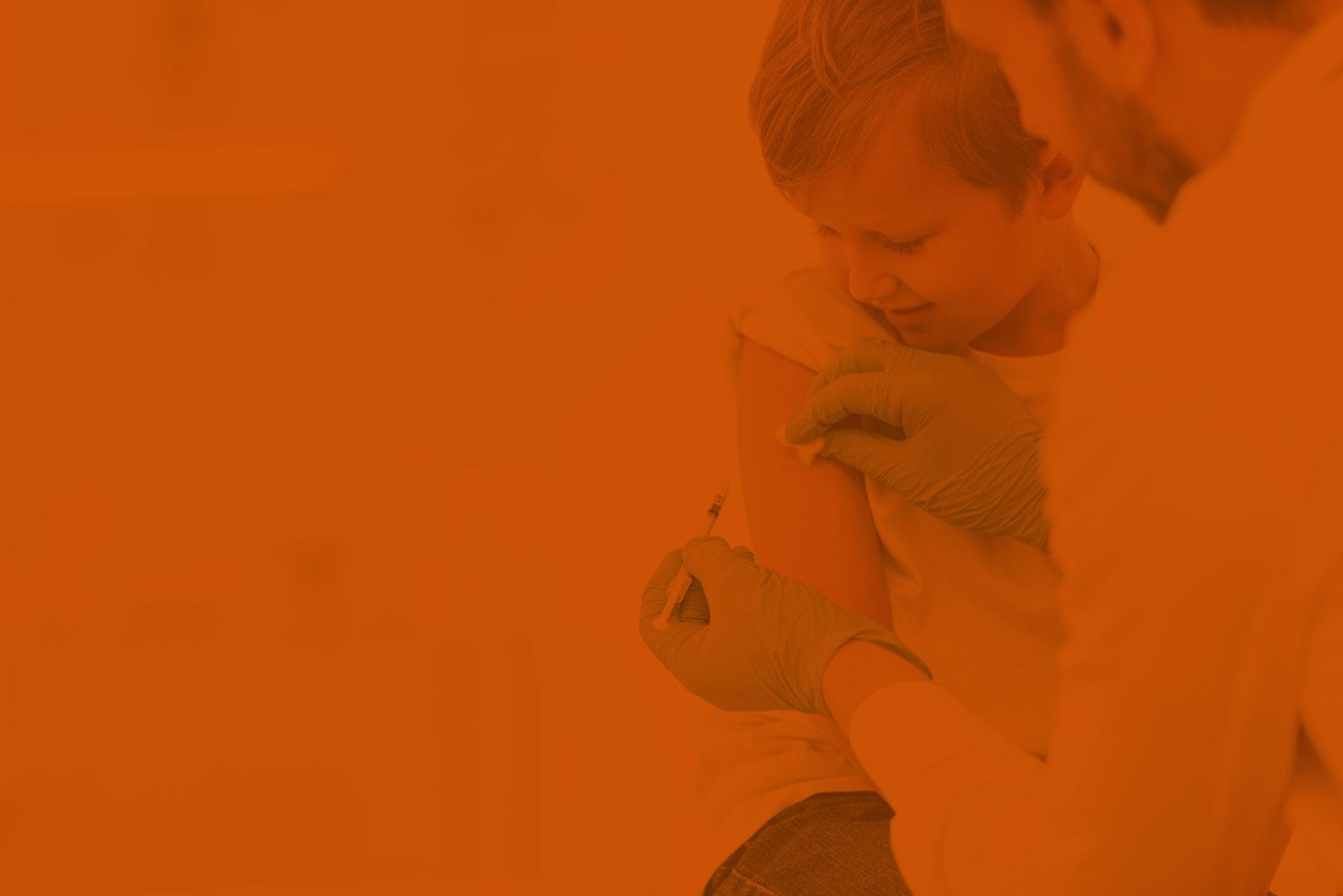This research group aims to study human genetic variation associated with both normal and disease phenotypes, using the most recent laboratory-based techniques for DNA analysis. Focusing mainly on the Portuguese population, the group activity covers important topics in human genetics, that can have clinical interest focusing on complex and hematological diseases, or for population genetics and forensic investigations.
The main research areas of this research group are as follows:
One main topic is the genetic basis of obesity, by identifying genetic variants associated with common obesity in the general Portuguese population using candidate genes in large population samples. Moreover, we are involved also in the use of next-generation sequencing (NGS) technology through gene panels to identify novel rare genetic variants or genes associated with severe early onset obesity.
The molecular characterization of hematological conditions including red cell enzyme deficiencies (such as G6PD and PK deficiencies), mechanisms of fetal hemoglobin (HbF) regulation, hemoglobinopathies and venous thrombotic disorders, searching for the genetic variants associated or potentially involved in these clinical phenotypes, is also an important goal of this group. This area of study is a collaboration with the Molecular Hematology Unit from the Haematology Service of Centro Hospitalar e Universitário de Coimbra (CHUC).
Aging is often described as the gradual, functional and structural decline of the human body, associated with increased risk of disease, disability and mortality. However, the rhythm of the organism’s decline with chronological age is dependent on the balance between exposure and resilience leading to a heterogeneity that is observable in populations. The main goal of the project is to relate the rhythm of the organism’s decline, measured by biological age of men and women, with lifestyle, well-being, genetic diversity, and the quality of the natural, social and built environment. More specifically, we hope to test several hypotheses about the health of the elderly, such as: i) whether there is an individual variation in biological age, and (ii) whether individuals with older physiology will be aging faster due to the interaction between genetic heritage and the characteristics of their lifestyle, and other environmental factors.
The analysis of Y-chromosome variability among different populations allow the evaluation of multiple temporal and spatial aspects of modern human evolution, such as population range expansions, gene flow and admixture events. In Portugal the sub-lineages of some common Y-chromosome haplogroups remain to be identified, including for the most frequent Y-chromosome haplogroup in West Europe, R1b-M269. Thus, the dissection of sub-lineages within these haplogroups, allowing to identify possible unknown branches, has special interest for the historical or demographic movements in the Portuguese territory and could be also useful in forensic genetics.
Epigenetic studies based on DNA methylation (DNAm) levels in CpG sites of several age associated genes emerged in last years for age estimation purposes. These DNAm alterations associated with aging, a process referred to as ‘epigenetic clock’, have been largely investigated as a promising biomarker in forensic medicine, mainly based in DNA samples obtained from blood or other tissues such as buccal swabs, saliva, bones and teeth. Target analysis of many specific age-associated CpGs, using different methodologies including droplet digital PCR (ddPCR), massively parallel sequencing, Sanger sequencing or SNaPshot assays, can be used for the development of age predicting models, potential useful in forensic analysis.




